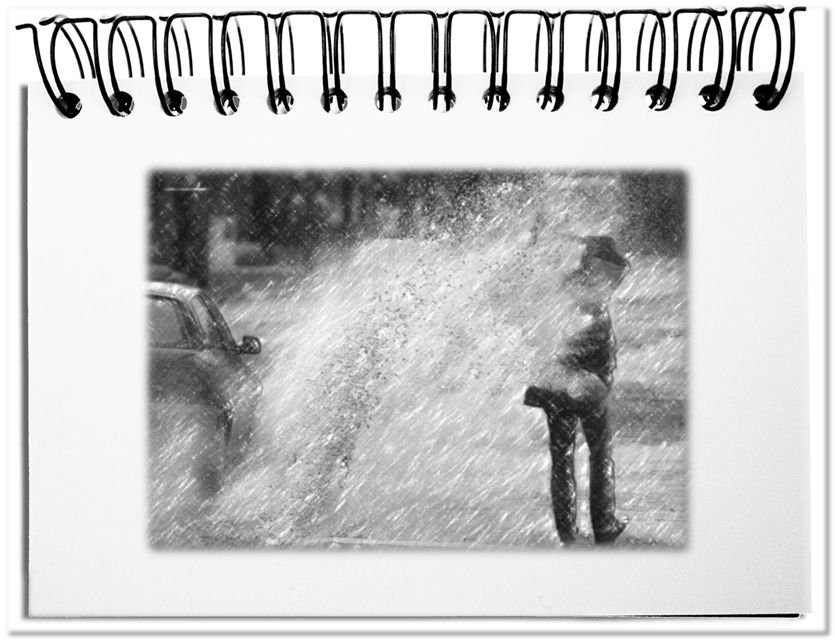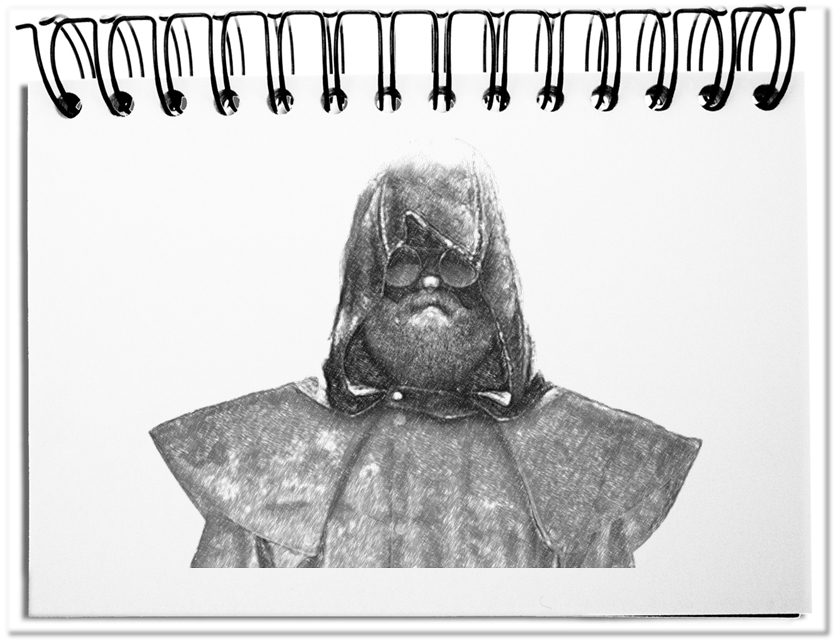These seasons that seem colorless and uncomfortable to some. When the clouds are hanging low in the sky and moisture is constantly exposed to gravity. The soil is no longer able to absorb the water. And artificial roads seal the ground additionally. Then shallow lakes are formed everywhere, in which the dark clouds are reflected. And then a car drives through a puddle and hurls the water into the air. Bad luck for those, who are passing by at this very moment and, in addition to the rain from above, get a gush from below. The natural reaction is to scold after the car.
But why? What the hell happened? Who did something wrong? The motorist, who was forced through the puddle involuntarily? The pedestrian who had nothing better to do than walk by the puddle right then? When gets doing false?
Let’s take a closer look at the situation.
- The driver
Driving with a car in pouring rain can be strenuous, even at 40 kilometers per hour. The spray of oncoming vehicles, the thick raindrops and the roads full of puddles require the full attention of the drivers. And then it happens very quickly. If it weren’t for the pedestrian besides the puddle, the driver would have done everything right. He had no reason to soak an unknown passer-by. Did he DO something false? - The Pedestrian
With such weather, you don’t chase a dog outside. You can’t escape moisture with the largest umbrella. At the next corner the drops are even flying horizontally. One escapes only partially from the downpour. And then it happens very quickly. If the car hadn’t arrived exactly at the moment he passed the puddle, the pedestrian would have done everything right. I bet the passerby didn’t want to take a shower. Did he DO something false? - The circumstances
It is not common for a downpour to dump so much liquid onto the road that the drains can no longer absorb the water masses. In the trenches at the roadside rushing streams evolve, which here and there expand into small lakes. It is easy to sink in these puddles of water above both ankles. And then it happens very quickly. With a sufficiently dimensioned drain, this puddle would not have formed and the car would not have sprayed the pedestrian. No one had created this general weather situation either. Or who DID something false? - Prior reasons
On this day, the driver had started his journey earlier than usual in order to drive particularly carefully. The pedestrian had waited specifically long for the rain to stop. The road was built in the eighties according to the latest guidelines for drains. Many other stories could be told. And then everything happens very quickly. In the end, fate came true at this puddle. No one would search in the previous stories for the cause. Or what was DONE false here?
Nothing happened intentionally. Everything is just an unfortunate concatenation of circumstances that led to the event described. And actually, false DOING is not the right description for errors that happen. No one makes deliberately mistakes like this – except: the arch-enemy who waited to deliberately throw a giant fountain at the hated pedestrian. Whereby this action is not really a mistake, but a well-founded, deliberated act,
Bottom line: To do something wrong requires that there is an intention part of it. If mistakes happen at work or elsewhere in everyday life, then these events, whose guilt is blamed on someone, cannot be prevented, because they happen unintentionally. Ok – you could have been more careful, less negligent and more committed. And yet mistakes would still happen. To do nothing is the only way to avoid wrongdoing. And that would be the biggest mistake. To maintain momentum, it is better to develop tolerance to errors. A mistake is a learning opportunity and provides the starting point for new solutions. Then doing won’t get false – and less goes unintentionally wrong.


